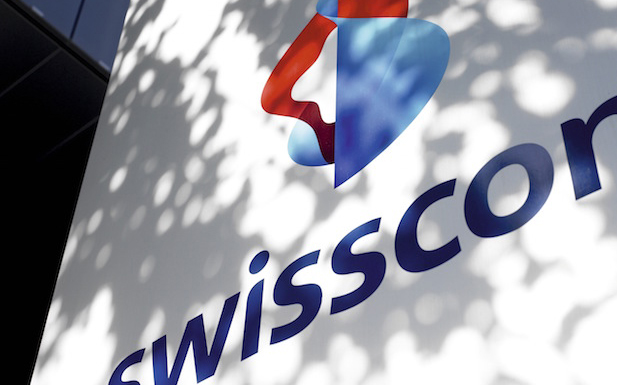Swisscom, DNA and Telenor Hungary announced new LTE milestones over the Christmas period, increasing coverage or speed for their customers.
The Swiss operator said it had introduced gigabit LTE across 11 cities and 15 of its shops, with 12 smartphones supporting the speeds.
It is aiming to offer speeds of more than 1GB to over 30 percent of the country’s population by the end of this year. The operator combined the 800MHZ, 1800MHz, 2.1GHz and 2.6GHz bands, as well as deploying 4×4 MIMO and 256QAM.
Following network upgrade work with Ericsson, more than 60 percent of the Swiss population can tap into speeds of up to 450MBps, 80 percent can reach speeds of 300MBps and 99 percent can access LTE.
[Read more: Swisscom targets nationwide Gigabit LTE coverage by 2019, plans to reinvent network]
Meanwhile, Telenor said 99 percent of Hungarians can now access its LTE network, after a widespread network improvement project last year.
It installed 170 base stations in 2017 offering speeds of 300MBps to more than 100 towns and villages across the country and improving indoor coverage in Budapest.
Its LTE-A network is now available through 880 base stations nationwide and it is looking to roll out 450MBps download speeds at an unspecified later date, following trials of the technology.
In Budapest, Telenor Hungary also installed 90 new base stations using 800MHz, which it said boosted deep indoor coverage from 83 percent to 88 percent during the course of 2017.
Finally, Finnish operator DNA said its customers were the biggest data consumers in the world, after research from Tefficient found consumers were using an average of 16.5GB per month at the end of September 2017.
The operator launched gigabit LTE last year in the village of Karuby, with plans to expand it to the rest of the country according to demand.



